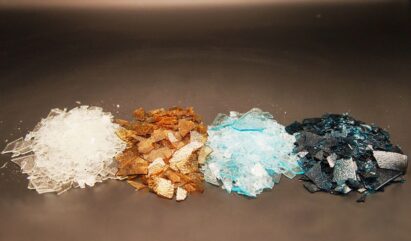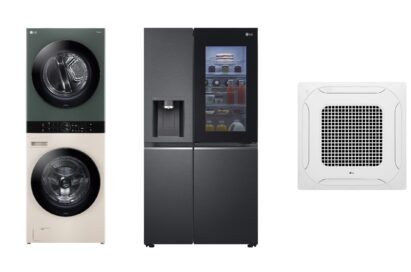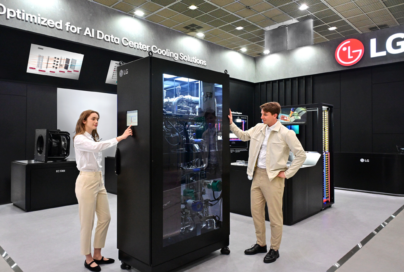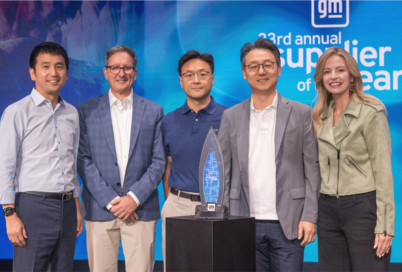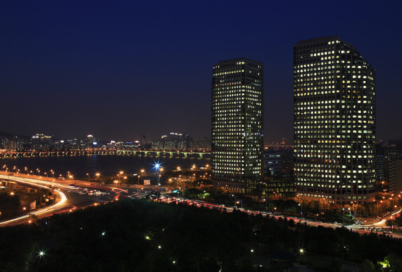LG Leverages Revolutionary Innovations to Accelerate Its Advanced Materials Business
Reflecting Company’s Objective to Realize a Better Life for All, Proprietary Glass
Materials Offer Hygiene Benefits and Can Help Restore Marine Ecosystems
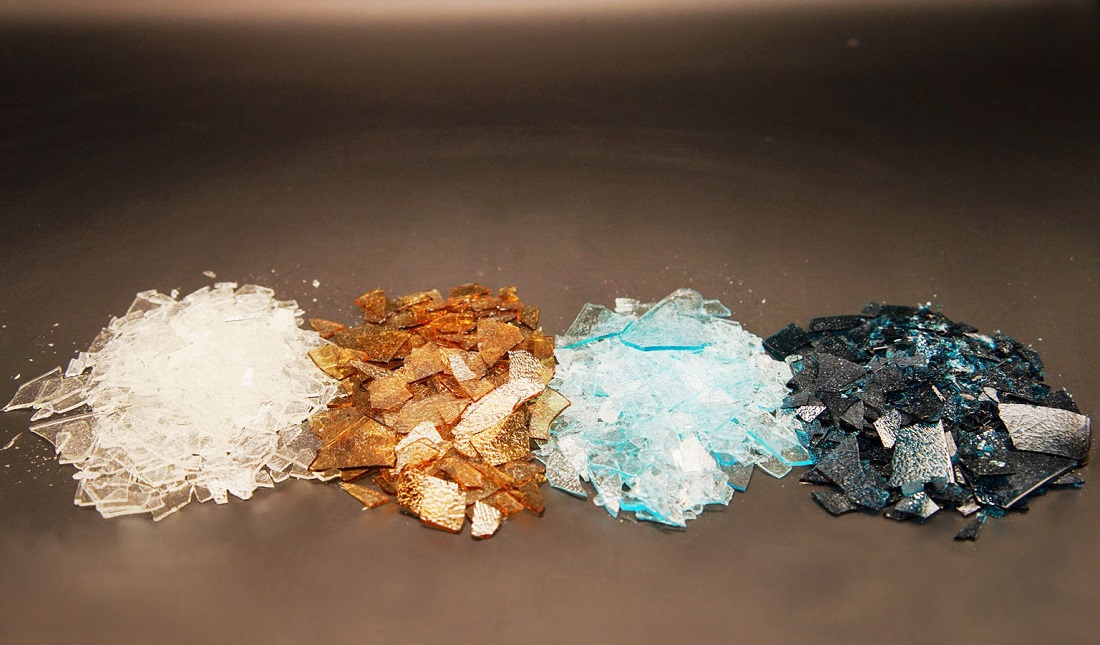
SEOUL, May 23, 2023 — LG Electronics (LG) is bolstering its advanced materials business by utilizing an in-house developed antimicrobial glass powder and marine glass.1 LG’s antimicrobial glass powder offers excellent hygiene benefits and possesses glass’s characteristic chemical and thermal stability, durability and resistance to discoloration. Demonstrating the company’s commitment to good ESG management, LG’s marine glass can play an important role in helping to restore marine ecosystems. Both products are expected to secure growth opportunities for LG’s new advanced materials business.2
LG has been using its antimicrobial glass powder in several different home appliance lineups, including refrigerators, washing machines and air conditioners, since 2022. Helping to make product usage more hygienic, the company’s antimicrobial glass powder is employed in the manufacturing of plastic parts – such as fridge and dishwasher handles – that come into frequent contact with human skin.
The antimicrobial glass powder leverages LG’s expertise in glass composition design technology and in-depth understanding of the home appliance usage environment. LG’s glass powder offers anti-fungal and antibacterial properties when combined with various materials, such as plastics, fibers, paints and laminates, and is predicted to accelerate the expansion of the company’s advanced materials business.
Additionally, LG’s marine glass is based on the company’s own precise release technology for glass material. When dissolved in water, the marine glass transforms into inorganic ions, which contribute to the restoration of the marine ecosystem by fostering the growth of microalgae and algae in the ocean.
Furthermore, LG’s marine glass is an excellent alternative to the red clay used to help mitigate the ecological damage done by red tides, where harmful algal blooms cause the surface of the ocean to turn red. And because the glass material dissolves in water, it prevents secondary contamination of the marine environment.
With its antimicrobial glass powder serving as the starting point, LG’s advanced materials business is embracing a novel concept aligned more closely with the company’s Better Life for All ESG vision. The business plans to expand its operations to include marine ecosystem restoration, with a view to safeguarding the Earth’s oceans and waterways and contributing to a sustainable future.
LG first started researching glass powder in 1996, and now boasts a total of 219 patents relating to glass powder and its application. The company’s antimicrobial glass powder is made at LG Smart Park in Changwon, South Korea, which produces 4,500 tons of the material annually.
The antimicrobial glass powder was initially applied to LG ovens launched in North America in 2013. Coating the ovens’ interior surfaces, the glass powder is the key technology enabling the EasyClean™ function, which brings consumers additional value by making LG’s cooking appliances fast and easy to keep clean.
“LG is committed to expanding the scope of application for its glass powder beyond that of other glass materials,” said Lyu Jae-cheol, president of LG Electronics Home Appliance & Air Solution Company. “We believe our advanced materials business can help lead the way to a sustainable future, becoming a new growth engine and a central component of LG’s ESG management portfolio.”
# # #
1 The product may not be available for usage in certain markets because of different regulations.
2 LG’s advanced materials business revised its articles of incorporation last year to include ‘manufacturing and selling functional materials such as glass powder.’
